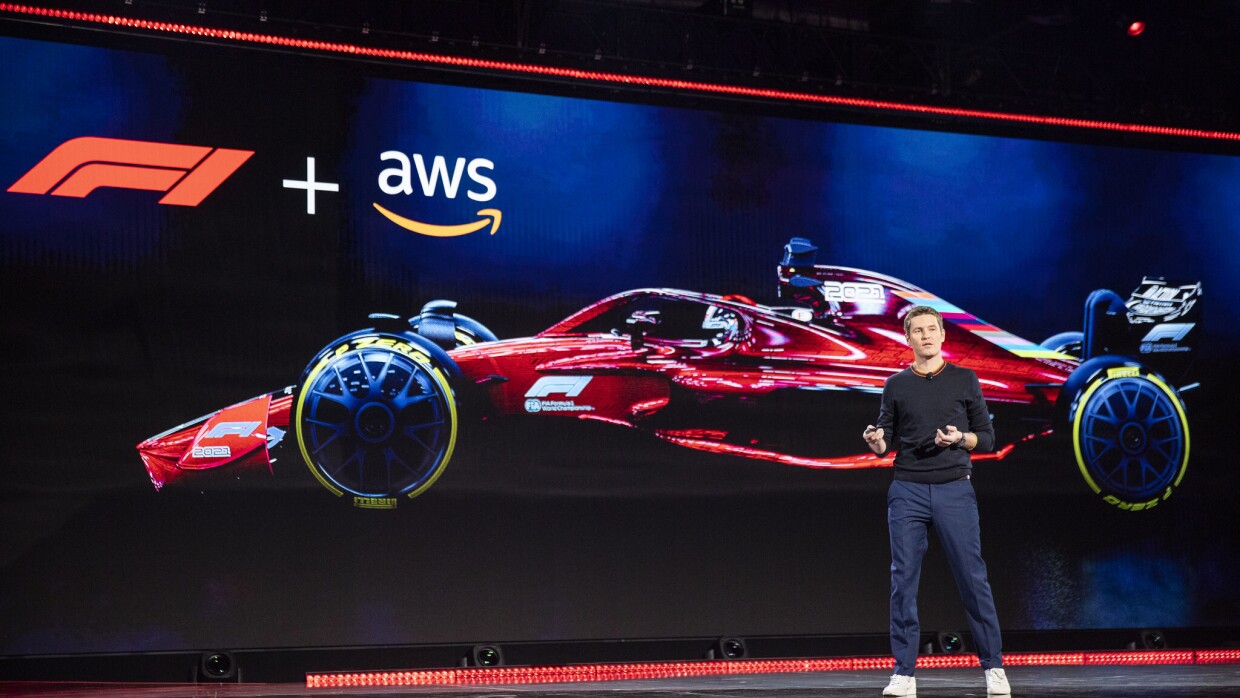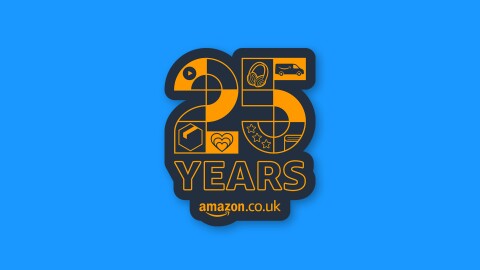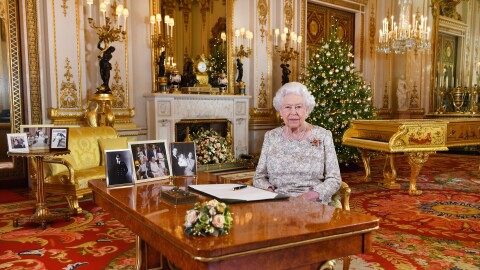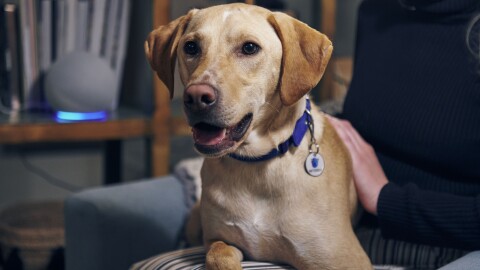Ibby, Millie, Amy, Charlie and Zak are the winners of the AWS GetIT pilot competition, which challenges year 8 pupils to create an app-based solution to a specific problem for their community or school.
In addition to helping the team build their accessibility app Connect Hearo - which supports students with hearing problems by translating teachers’ speech to text notes - as part of their prize we also brought them to our annual re:Invent event.
The pupils enjoyed an inspirational few days taking part in exclusive workshops, activities and talks. They also had an opportunity to act as roving reporters, writing a blog for Computer Weekly and grilling Rob Smedley – one of the world’s leading Formula 1 (F1) technical consultants.
One of the main aims of AWS GetIT is to inspire young people to engage with careers in technology. Meeting Rob was a chance for the team to learn about some of the exciting places engineering can take you.
Smedley’s extensive career with F1 has seen him work in senior engineering roles with teams such as Ferrari and Williams. He was also race engineer for F1 legend Felipe Massa.
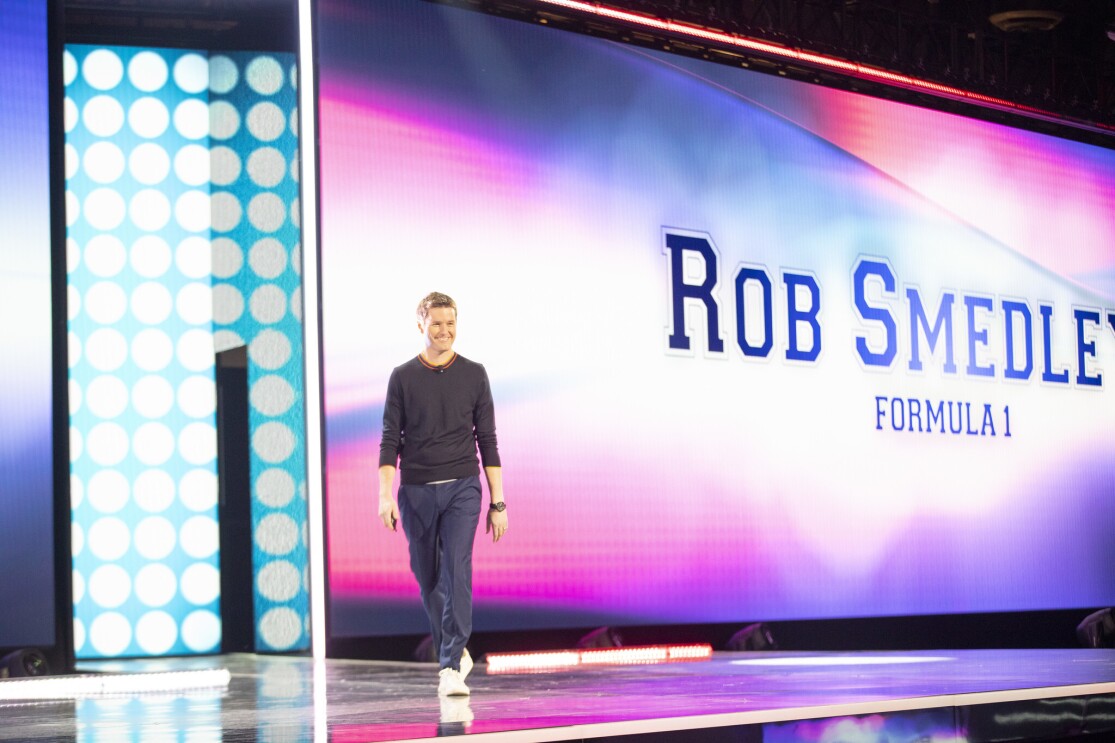
From his university days, to building his career and reaching the top of his profession, here’s a snippet of Rob’s conversation with the team.
How do you make your cars go so fast?
“There are three main performance differentiators that define an F1 car’s speed: aerodynamics, tyres and the engine. We start with those groups and build teams of super-smart people to create individual projects for research and development. From those smaller projects, we build bigger projects and start to link them together to concentrate on how we can continually improve performance, to increase our speed.”
How is F1 becoming more energy efficient?
“As a sport, we understand the importance of hybrid technology in cars – which is when they use both petrol and electric engines. As road cars move towards hybrid and electric technology, F1 is also going in that direction.
“Our challenge is to come up with the most thermally efficient engines in the world. For example, right now we have reached 50% thermal efficiency which means 50% of the fuel actually gets turned into power. The remaining fuel gets turned into heat or noise. This does not sound like a lot but this is an incredible engineering achievement. Even the most efficient road cars in the world will only use around 30%!”
“In F1, because of the hybrid technology, the engines have kinetic and heat energy recovery systems to make them more efficient.”
Why is it important to recruit more female engineers into F1?
“We do have women in the industry, but not enough! At every team I’ve worked with, I always push to attract and recruit more women. Women make excellent engineers. In a big, busy technical office, it just works better with a fair gender split."
If somebody wanted to get into engineering or F1, what subjects should they focus on?
“You have to be good at maths – it’s so important. And then the sciences, particularly physics and chemistry, are key. If you can also learn about computer science, there are a huge range of careers on offer.
“There are lots of technical subjects to get your head around. But one subject is still overlooked, and that’s English. Your ability to communicate in writing, and verbally, will help you to ‘sell’ your ideas, lead your team and teach others new things. It’s vital.“My advice: focus on the technical subjects, don’t forget about your communication and soft skills, and then focus on maximising your time at university. Once you’ve graduated, give me a call. We always want new innovators!”
AWS GetIT inspires young people to engage with careers in technology. Find out how your school or organisation get involved today.
Interested in finding out more about working for AWS? Visit our careers page


